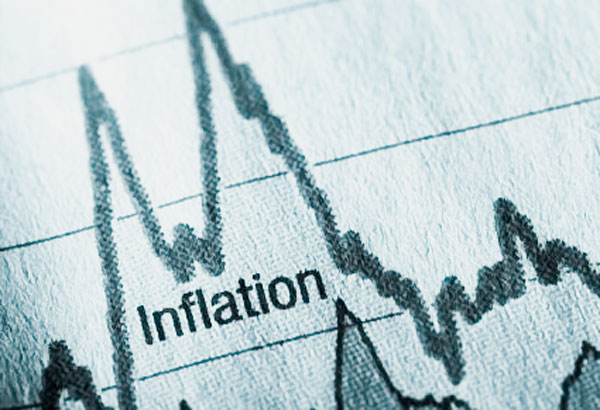Philippines: IMF urges checks to prevent overheating
MANILA, Philippines — The International Monetary Fund (IMF) said monetary and fiscal authorities should act swiftly to prevent the Philippine economy from overheating amid rapid growth and low inflation.
“The combination of high credit growth, buoyant private investment, and fiscal expansion without tax reform could lead to overheating of the economy,” it said.
Overheating occurs when a prolonged period of good economic growth and activity causes high levels of inflation and inefficient supply allocations as producers overproduce and create excess production capacity in an attempt to capitalize on the high levels of wealth.
The IMF said the BSP should be ready to tweak the country’s monetary policy stance to address overheating.
“The stance of monetary policy remains appropriate, but the BSP should be ready to tighten if there are signs of overheating,” the IMF said.
Robust domestic demand and the benign inflation environment have allowed the central bank to keep an accommodative policy stance over the past three years, last raising its benchmark interest rates in September 2014.
The multilateral lender explained the plan of the BSP to lower the banks’ reserve requirements currently pegged at 20 percent over time would reduce macrofinancial risks.
However, it said the reform should be carefully calibrated and timed and should aim to keep domestic liquidity broadly unchanged.
“The exchange rate should continue to move freely in line with market forces, with foreign exchange intervention limited to smoothing excessive volatility in both directions,” the IMF said.
It added the main systemic risks to financial stability are high credit growth and concentration.
“High credit growth, especially to the real estate and household sectors, merit continued monitoring. In addition, some conglomerates and real estate developers have leveraged significantly, while shadow-banking activities have expanded,” the IMF said.
It said the BSP should diversify the sources of funding for large conglomerates that are financing the massive infrastructure program of the Duterte administration to help reduce bank loan concentration.
“In case of a broad-based credit boom, the BSP should raise capital requirements, supported by monetary policy tightening if accompanied by overheating,” it said.
The IMF said risks to the outlook are tilted to the downside and stem mainly from external sources, while upside risks include the approval of the first tax reform package that would lead to a sustainable increase in infrastructure investment.
Source: http://www.philstar.com/business/2017/11/08/1756580/imf-urges-checks-prevent-overheating


 Thailand
Thailand




